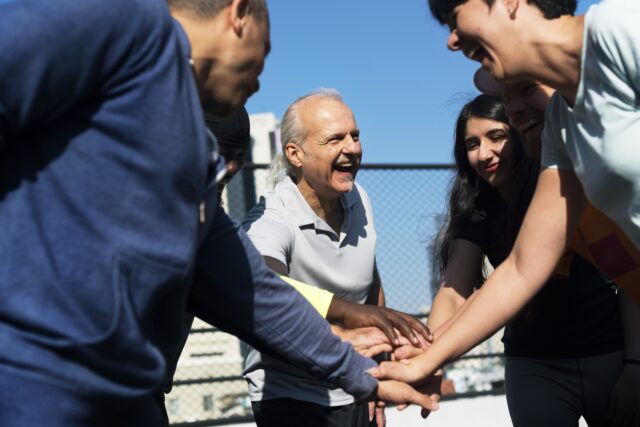Retirement and the senior years bring a wealth of opportunities to engage in meaningful activities that enrich both the individual’s life and the community. One such opportunity is becoming a mentor. This role not only allows seasoned individuals to share their knowledge and experiences but also significantly benefits their health and well-being. In vibrant communities across New Mexico, from Albuquerque to Santa Fe, the culture of mentoring within senior living, assisted living, and adult communities is growing. Here’s how to become a mentor and why it’s exceptionally good for your health.
How to Become a Mentor in Senior Communities
- Identify Your Skills and Passions
- Whether you have expertise in a professional field, a hobby, or life lessons to share, your knowledge is valuable. Senior living and adult communities, including those focusing on independent living, life care, or memory care, often look for residents willing to share their skills.
- Connect with Local Communities and Organizations
- Many senior apartments, assisted living communities, and nursing homes offer programs that foster mentoring relationships. These organizations appreciate the assistance and cost-effective support mentors can provide.
- Engage in Training
- Some programs might require mentors to undergo training, especially when working with individuals with specific needs. This training not only prepares you for the mentoring role but also enriches your knowledge.
- Commit Your Time
- Mentoring requires a commitment of your time, but the flexibility often suits the active lifestyles of retirees. Whether it’s through scheduled sessions or more casual meetings, your time investment as a mentor can make a significant difference in someone’s life.
Why Mentoring is Good for Your Health
- Promotes Active Aging
- Engaging in mentoring keeps you mentally, socially, and sometimes physically active. Active aging is crucial for health, reducing the risk of diseases, including mental health issues.
- Enhances Social Connections
- Mentoring builds meaningful relationships, combating the loneliness and isolation that can occur in senior years. Strong social connections have been linked to improved mental and physical health, a longer lifespan, and a happier, more fulfilling retirement.
- Boosts Cognitive Function
- Teaching others and engaging in regular social interactions can keep your brain sharp. This is particularly beneficial in communities focusing on aging in place and independent living, as it contributes to cognitive resilience.
- Gives a Sense of Purpose
- Sharing your knowledge and experiences gives a profound sense of purpose and fulfillment. For seniors, especially those transitioning into retirement or moving into senior living communities, mentoring can provide a valuable role that impacts the lives of others positively.
- Improves Emotional Well-Being
- Mentors often experience a boost in their emotional health, thanks to the gratitude and appreciation from their mentees. This positive feedback loop can lead to reduced stress, higher self-esteem, and overall better mental health.
- Encourages Lifelong Learning
- The mentor-mentee relationship is reciprocal. Mentors often find themselves learning new skills and gaining fresh perspectives, which keeps the mind active and engaged.
- Supports Community and Assistance
- By contributing your time and knowledge, you’re also supporting the broader community. In the context of senior living and assisted living communities, mentoring can help offset costs by providing volunteer-based assistance and enriching the community’s support network.
In New Mexico, from the cultural hubs of Albuquerque and Santa Fe to the peaceful retreats in smaller towns, becoming a mentor offers a unique opportunity to remain active, connected, and mentally sharp. It’s a rewarding experience that not only benefits those you guide but significantly enhances your own health and well-being. Embrace mentoring and discover the profound impact it can have on your life and the lives of others in your community.


